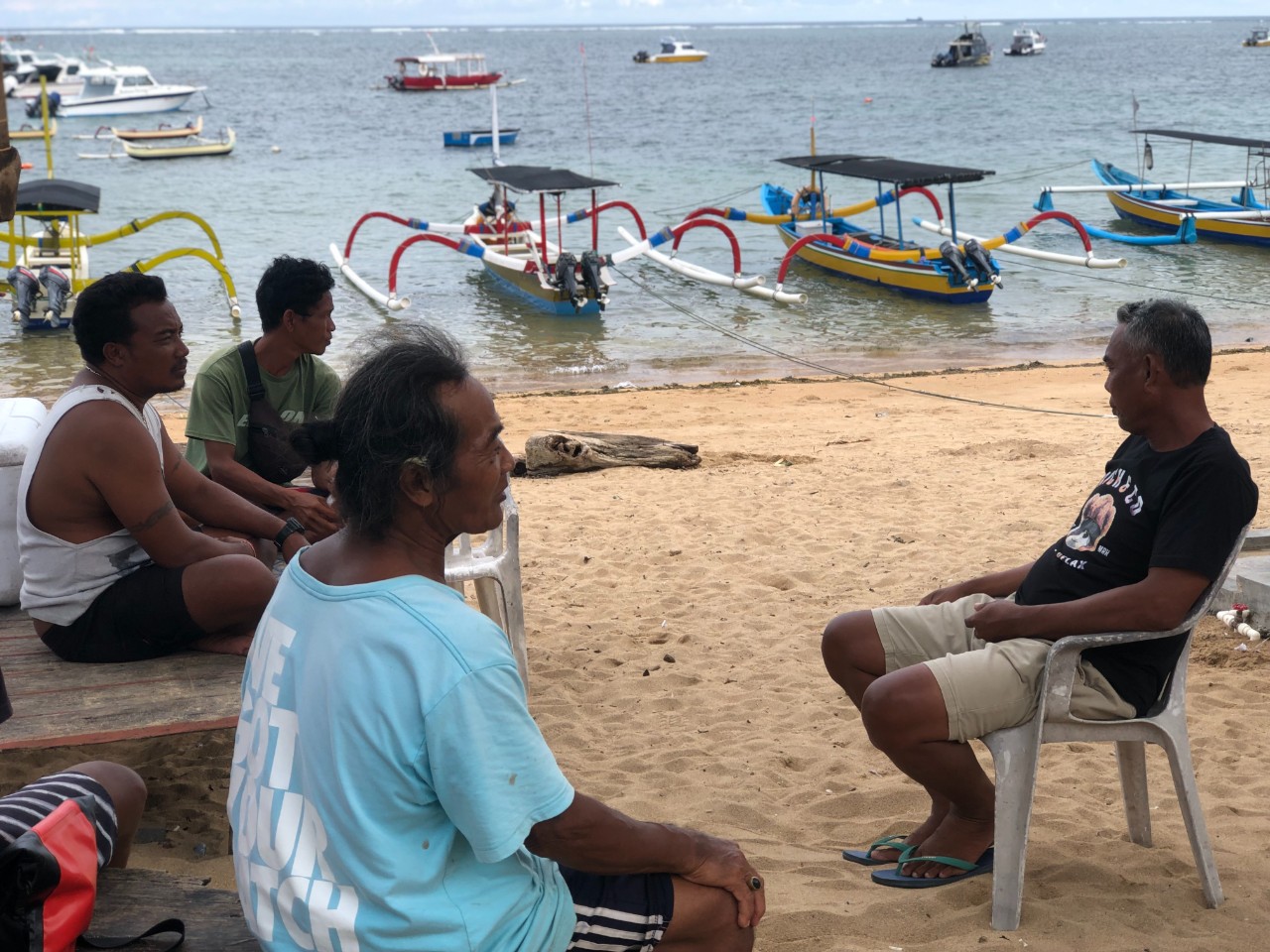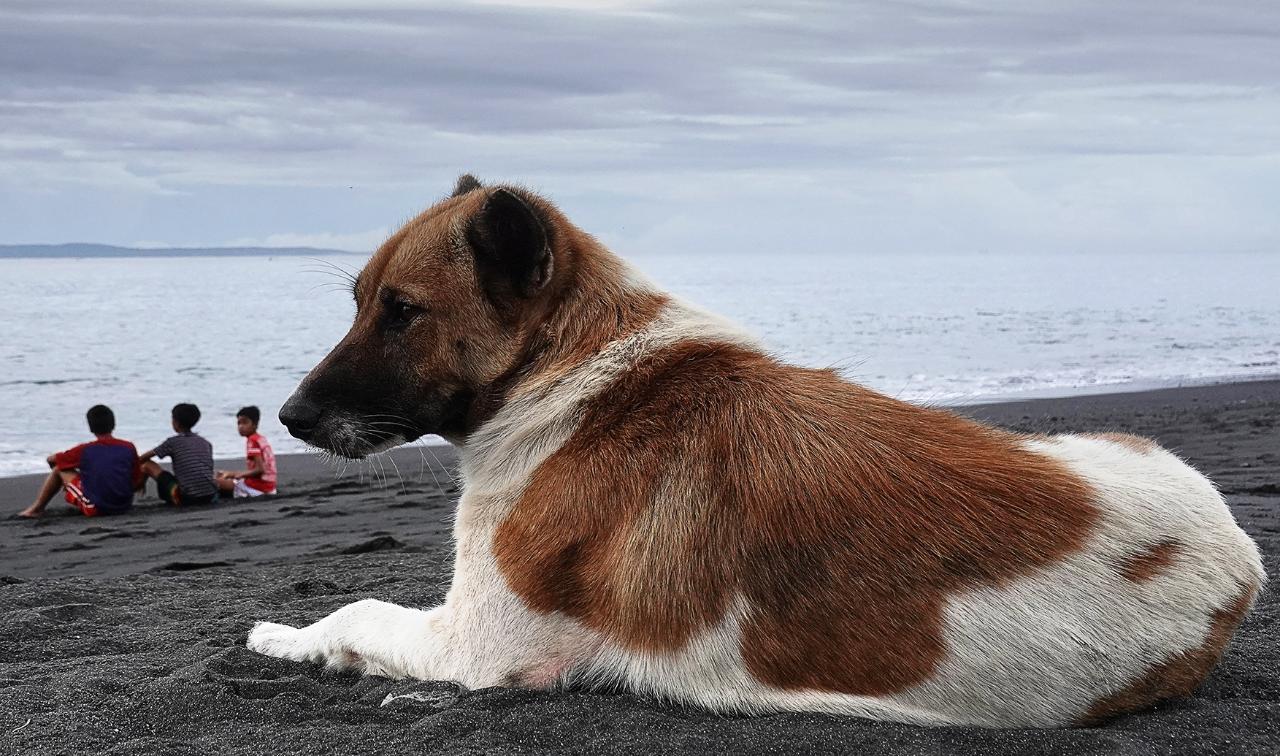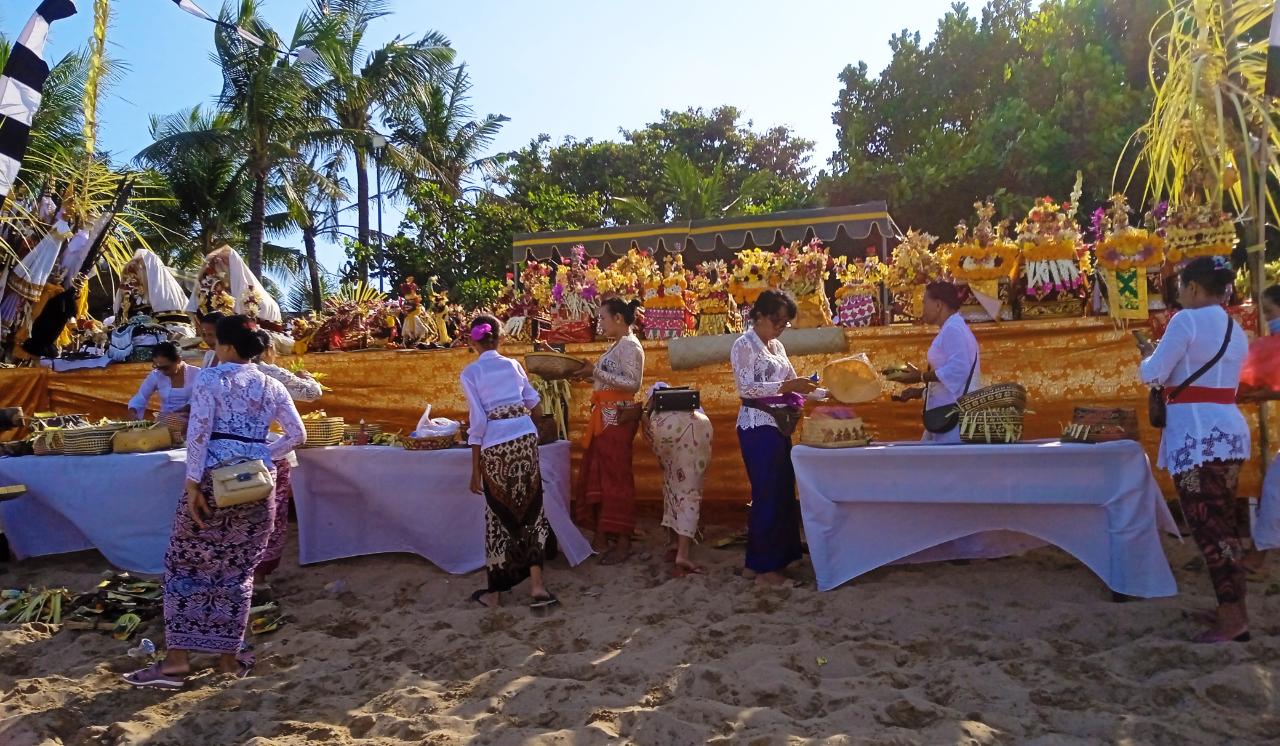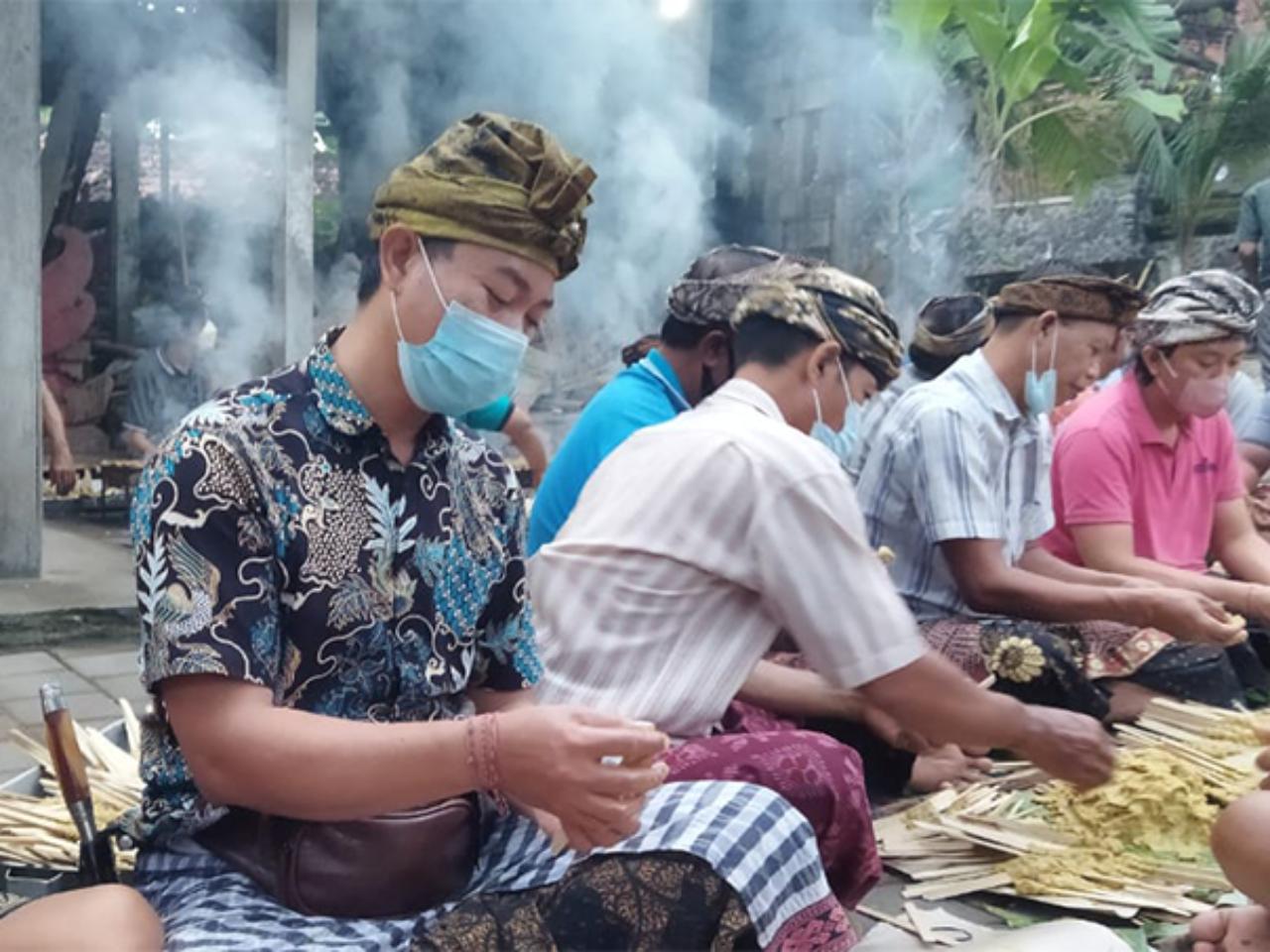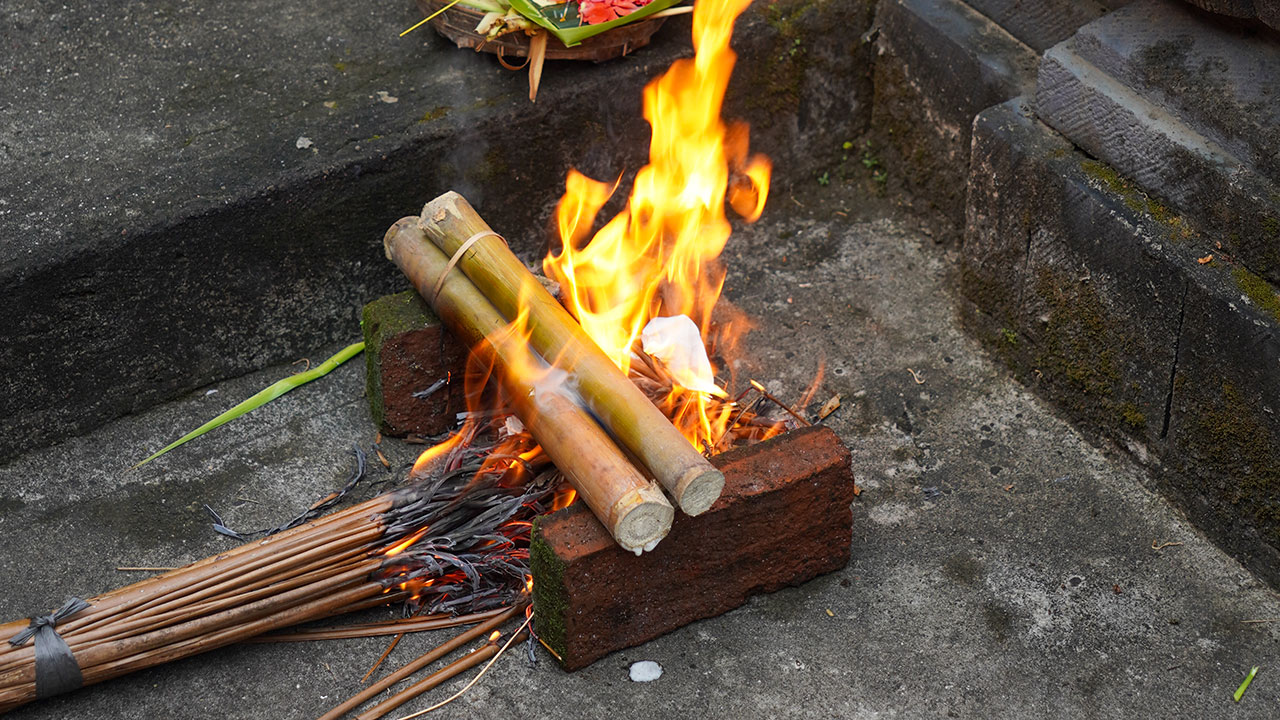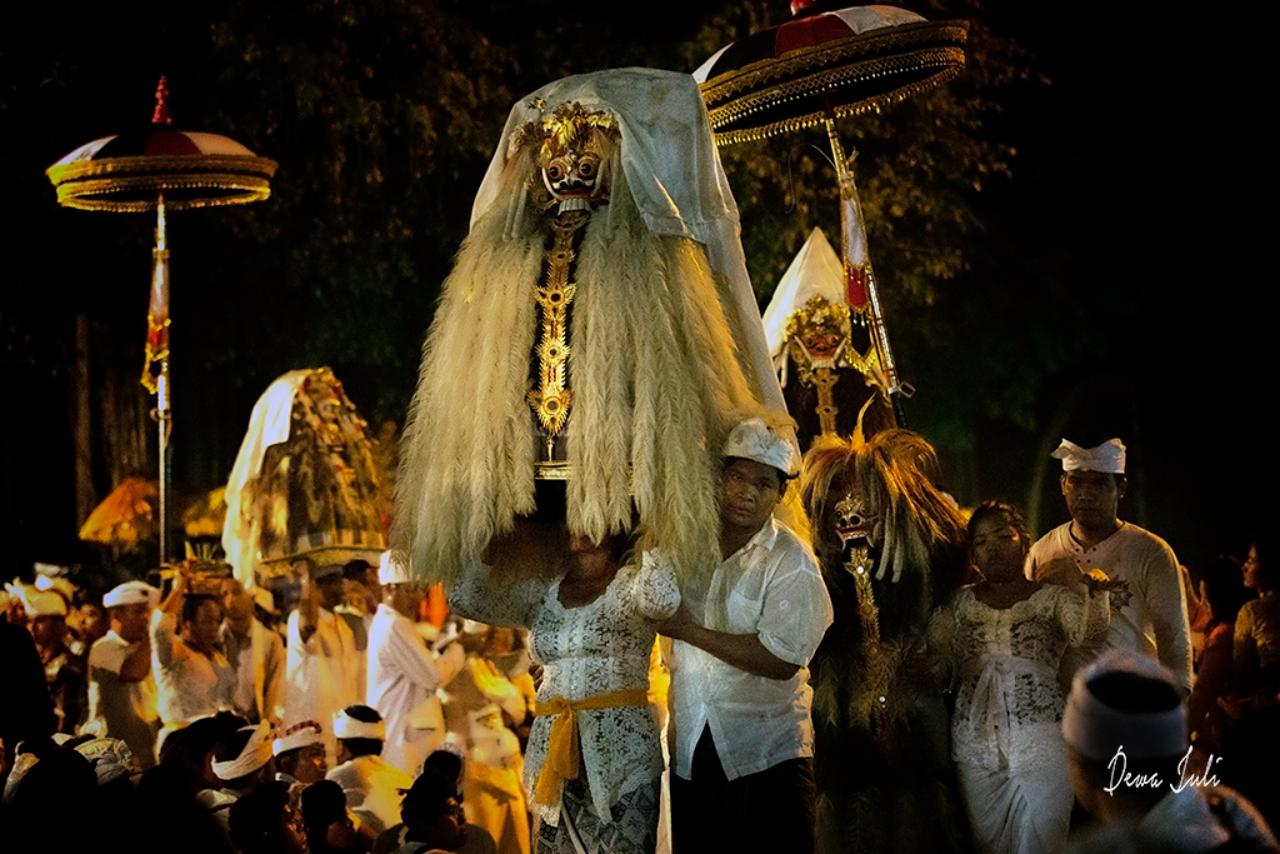The ocean off Indonesia is very rich with all types of fish, coral reef, seaweed, and mangroves, and Indonesia is also known as one of the largest fish producers in the world. Fishing is one of the oldest professions in our history, and Sanur is no exception. Fishermen in Sanur are known for their traditional boats called jukung. They have been fishing in the sea for generations as a livelihood, using traditional fishing equipment as well. This activity is dependent on the weather and waiting for a perfect fishing season with a good catch daily.
As Sanur has become busy with tourism activities including fast boat travel, boat tours, jet skis, traditional fishing is no longer a first choice. Traditional fishermen have to keep up with change and so they find themselves adding necessary modern equipment to their jukung. Now, these fishermen no longer need to depend on the tides and wind direction to carry their jukung, because these jukung and boats are now
equipped with engines to make it easier to go out every day. They can easily go to the South of Lembongan Island in the hope of getting higher value fish like grouper, big mackerel, tuna, snapper, and pomfret.
The increase in petrol prices in September 2022 caused concern for everyone including the fishermen because it automatically caused operational costs to swell by 30%. Per fishing trip, fishermen need at least Rp. 500K just to cover the overhead costs. Combined with the fact that fish prices in the market tend to be unstable, fishermen are required to do calculations, planning and forecasting more accurately. If their weather prediction, choice of fishing location, or fishing time is wrong, they can go home with very little in hand or close to nothing.
Fisherman have one of the most challenging careers, as even the FAO (Food and Agriculture Organization) describe commercial fishing activity in general as dirty, dangerous and difficult work. Upon first impressions, fishing can seem like a fun way to work. All you have to do is hook some bait onto your line, throw it into the water, and wait for a fish to bite. Or, throw your net into the water and pull tons of fish. In reality, it is not that simple. Being good at fishing takes research, practice, and hard work. Patience is another virtue fishermen must possess when often all they can do is just wait for fish to bite. Determination in sticking with the plan and not giving up when fish are not biting is another quality fishermen have, sometimes they come out from the water with nothing. But, other times they can catch that one special trophy fish, whether by skill or just by pure luck.
Nowadays, we don’t see too many young fishermen in Sanur. The older generation see the younger generation does not want to do dirty, dangerous, and difficult work, including spending hours in the sun. While some of the younger generation follow into the family business, many are choosing to study at university or go into the ever-growing tourism industry. We learnt so much about life in Sanur village, fishing and the environment when we interviewed the local fishermen, they may not have studied marine science but there wouldn’t be too much they don’t know. We recommend stopping to chat with them the next you are down the beach, check out the daily catch, ask them about their life on the water – guaranteed you will hear some incredible stories about the one that got away… and the one that didn’t!
